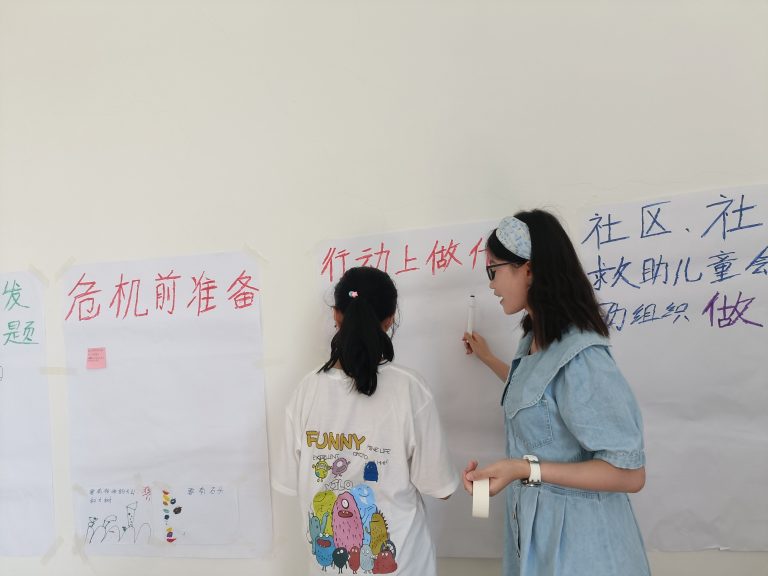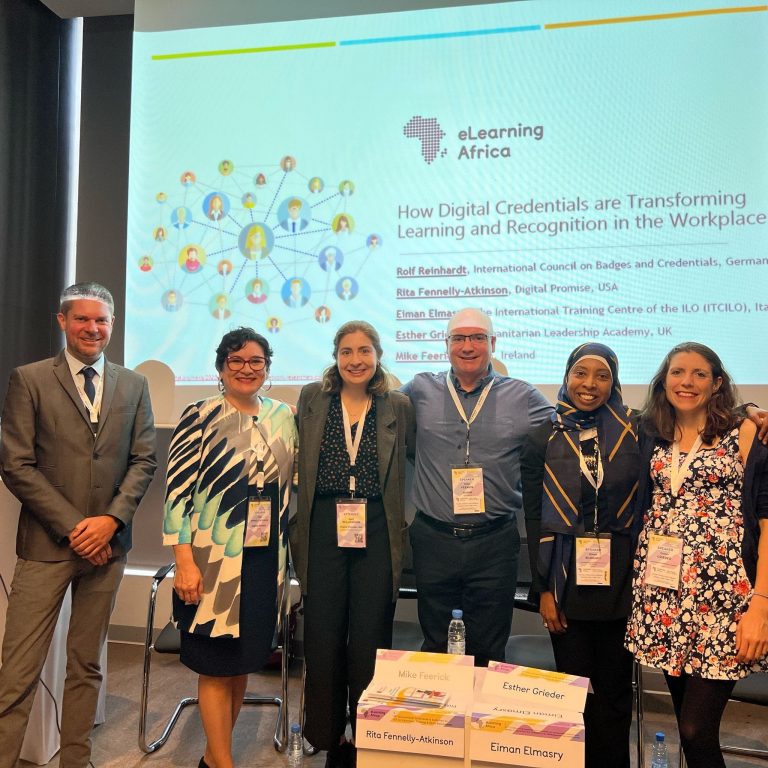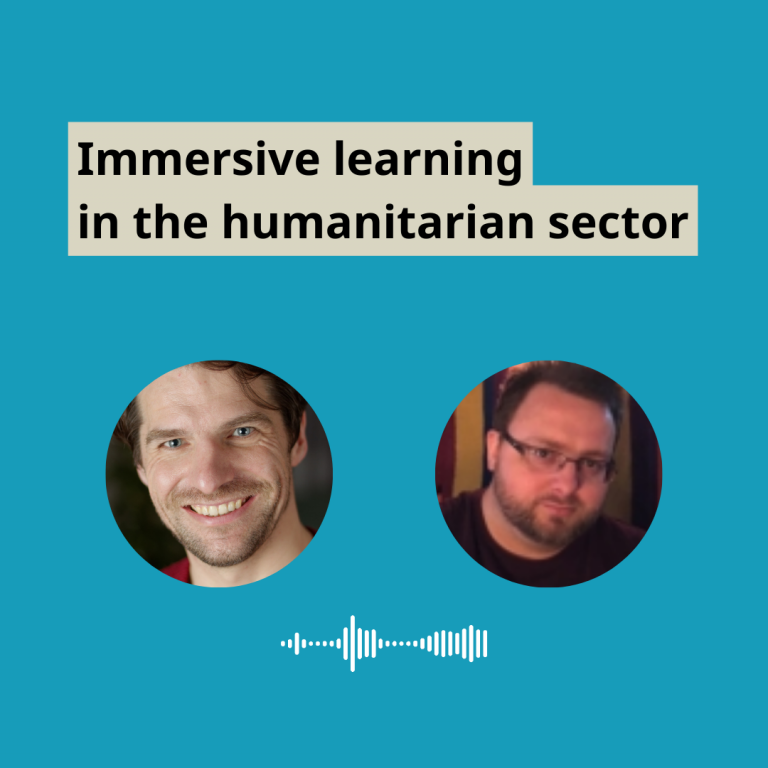5th octubre 2022
The State of the Humanitarian System
We’re not making change within our sector as fast as we could and should be.
That was the main message I took away from the State of the Humanitarian System launch.
In 2016, humanitarian organisations – INGOs, NNGOs, UN, donors, philanthropists and governments – agreed that we needed to localise the system.
Based on ALNAP’s report launched in September 2022, we are nowhere near achieving this yet.
This is a bold statement to be making, and it is worth noting that the report has highlighted some progress, but it remains painfully slow, and watching the Nairobi launch event from my desk in London, I could feel the frustration in local actors’ voices, in their responses and in their body language. We are not making change as fast as we could and should be.
In the intervening years, there has been much debate and discussion about how we approach localisation, what it means and what the sector needs to do. A lot of this conversation has been predominantly led by international organisations themselves.
One of the positives that I took from this launch event, was that nothing came as a surprise to any of the panellists or to the (virtual) audience, based on the comments in the chat. As was recognised in the room ‘we’re having the right conversations as a sector’, but now we need to turn those conversations into concrete actions.
What also struck me whilst listening to the report’s findings and the panel discussion was that there is such a high demand of humanitarian needs, and currently we cannot meet them in the way that we want to with affected communities still feeling disconnected from decision making by the humanitarian system, and these communities still feel that they cannot challenge decisions either.
Thankfully, the report was not all bleak!
There has been a clear shift in a larger proportion of affected communities being treated with dignity and respect, and there has been clear progress on preventing sexual exploitation, abuse and harm which has been a main focus of the humanitarian efforts since high profile scandals forcing the issue to be addressed in 2018.
Interestingly, the report found that there have been positive developments in emergency preparedness and anticipatory action to improve the timeliness of humanitarian aid. This comes against the backdrop of the Global Hunger Crisis, with famine expected to be declared this year in Somalia. This felt quite jarring to several of us in the virtual room, but having reflected on the conclusion that positive outcomes are seen on a larger scale when a response is well resourced, this is unsurprising as there is such a significant funding gap for Somalia in particular.
The main positive outcome of the humanitarian system since the previous report in 2018, was the innovations that have become more streamlined in our approaches, cash being the most obvious one. Several conversations that I’ve been involved in this year have wanted to understand the success of cash and voucher assistance to scale the solutions and approaches that local actors have experience and expertise in delivering. The talk in the system is often of innovation – and at times rightly so – but there was a real sense of local actors on the panel saying ‘we have the solutions, we know what works, we don’t need innovation, we need to scale them.’
As a member of the Humanitarian Leadership Academy (HLA) and reflecting on my position of power and privilege as a white female in the UK hosted by an INGO, my thoughts inevitably turned to our work.
When the topic of conversation somewhat inevitably turned to capacity building (the HLA refers to it as capacity strengthening, but the panel were using the term ‘capacity building’ so I will be using this term in this piece), I tensed up. The question asked of the panel ‘Local capacities are assumed to be lacking – is this because of racism and white saviourism?’ laid bare the challenges that the HLA are facing.
We have significant evidence that local and national individuals and organisations have found capacity building initiatives helpful in their work, and the demand for expertise in delivering learning has risen over the years. Yet we are extremely aware that often capacity building is perceived as patronising, condescending, racist, colonialist and, frankly, not needed. This is why it is so important that whatever support, capacity sharing, strengthening is offered has to be needs based and demand driven.
This year, the Research, Evidence and MEAL function within the HLA have been sifting through our internal evaluations, research pieces and reviews alongside the discussion that continues in the sector around moving into a post-colonial world, understanding how to bridge the gap between institutional donors and local actors and testing capacity strengthening and sharing initiatives to try and address this friction.
As the HLA, we are re-developing our Theory of Change and hoping to launch in Q1 of 2023 for open, external consultation. What we want and expect to see at the forefront of this model is how to strengthen (or build if you prefer!) the capacities of donors, international organisations and (mainly Western) governments to engage with the actors who were so clearly disappointed in the SOHS launch event.
We are still planning on supporting individuals to access professional learning opportunities in humanitarian work, and are expanding our coaching, mentoring and leadership offer. We have done lots of research, reflection and evaluating our approach over the last years as to whether this is the right thing to be doing. Our findings with global civil society organisations showed that there is still a demand for learning opportunities, but it has to be complimented by addressing sectoral and systemic issues that are so clearly at the forefront of the SOHS report.



